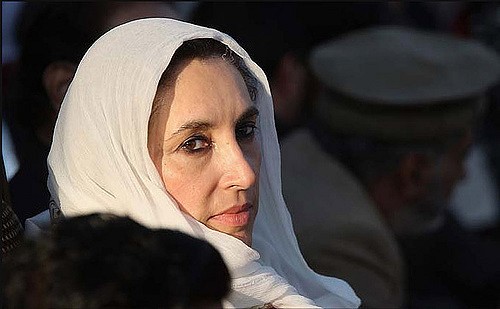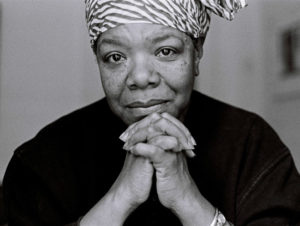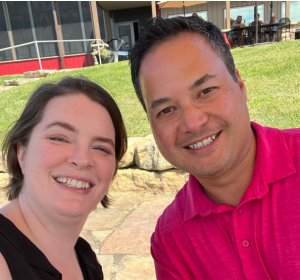Benazir Bhutto prevails as a values-driven leader for women

Benazir Bhutto, former prime minister of Pakistan, attended an election rally in support of her passion for human rights in Rawalpindi on December 27, 2007, moments before her assassination.
March 7, 2018
Benazir Bhutto, the former Prime Minister of Pakistan, acted as an important role model for women through her advocacy for human and women’s rights during the late 80s and 90s.
Bhutto was the first woman to lead a democratic government in a nation where the majority of people were Muslim and historically unaccustomed to democracy. She was first elected as prime minister in 1988, then she fought a constant battle to keep the position.
Dr. Regina Mooney, president of St. Joseph’s Academy in St. Louis, understands as the leader of an all girls school, Bhutto’s importance as a role model.
“Benazir Bhutto, while born into privilege, became a woman who took the plight of the poor and disenfranchised deeply to heart,” Dr. Mooney said. “She was fearless in her advocacy for human rights and, though controversial later in her tenure as prime minister because of her husband’s financial dealings, she was able to forge on, and speak up until she was assassinated while offering public remarks from the sunroof of her car. A heroine to her core.”
Bhutto’s prominence in Western society rose after she was killed when her assassin, a member of the infamous Taliban, fired shots then blew himself up in a suicide/ mass-murder.
The attack occurred in Rawalpindi at Bhutto’s election campaign rally in December 2007. The attacker struck just moments after Bhutto addressed thousands of her supporters at the rally.
Although she did not die from the shots, she died after hitting her head on her vehicle’s sunroof.
The attack killed an additional 28 others and wounded more than 100 more people.
As an act of respect to the political contributions she made in the country, Pakistan’s government renamed the Islamabad International Airport as Benazir Bhutto International Airport, the Muree Road of Rawalpindi as Benazir Bhutto Road, and finally Rawalpindi General Hospital as Benazir Bhutto Hospital.












